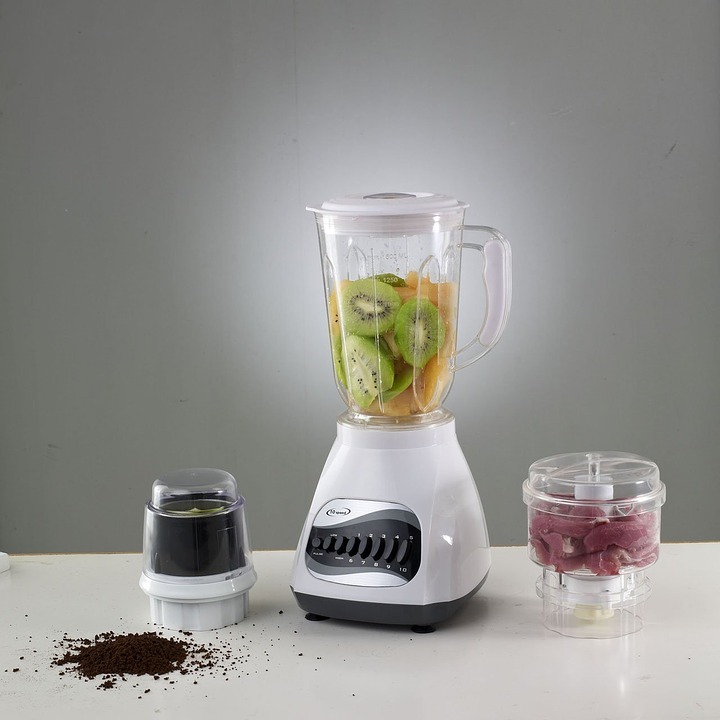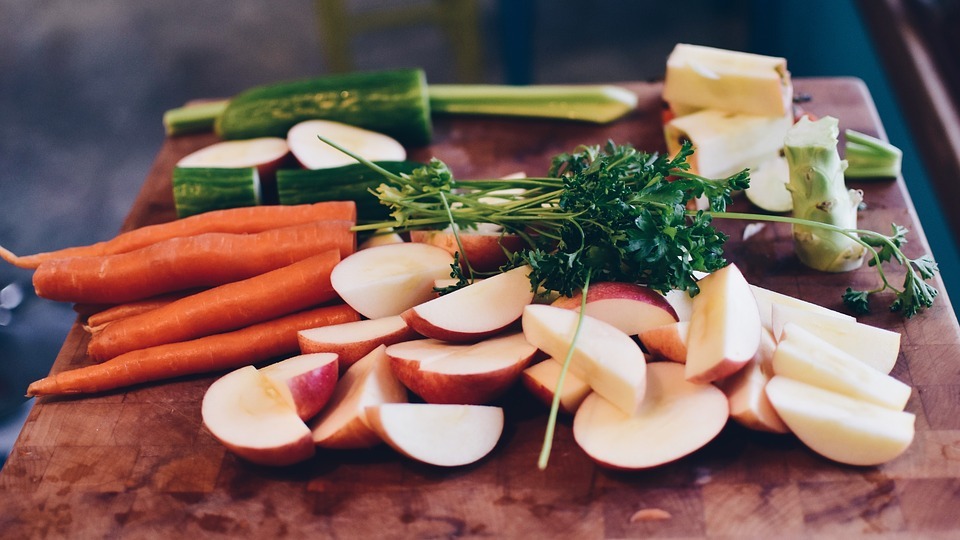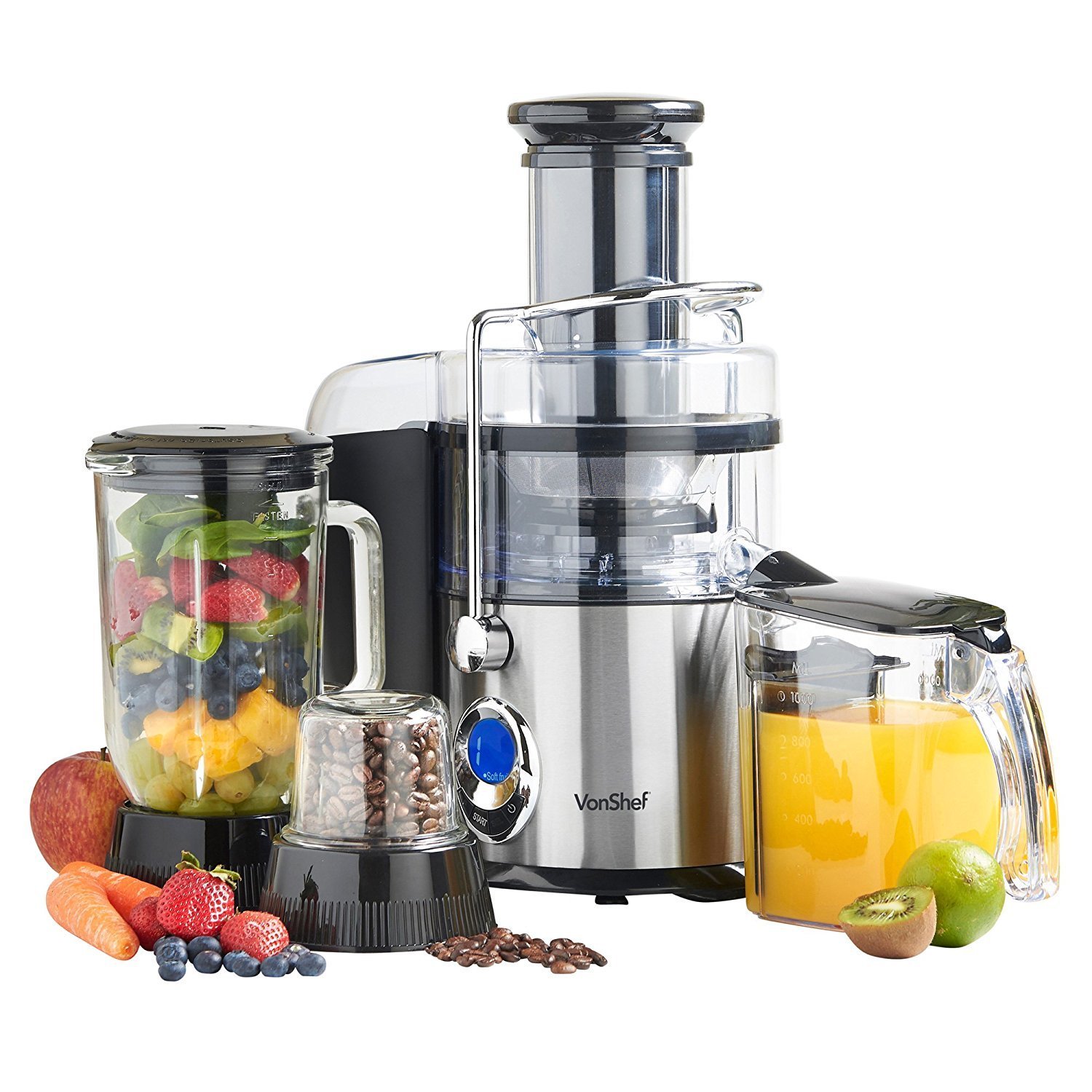Juicing Myths, Debunked
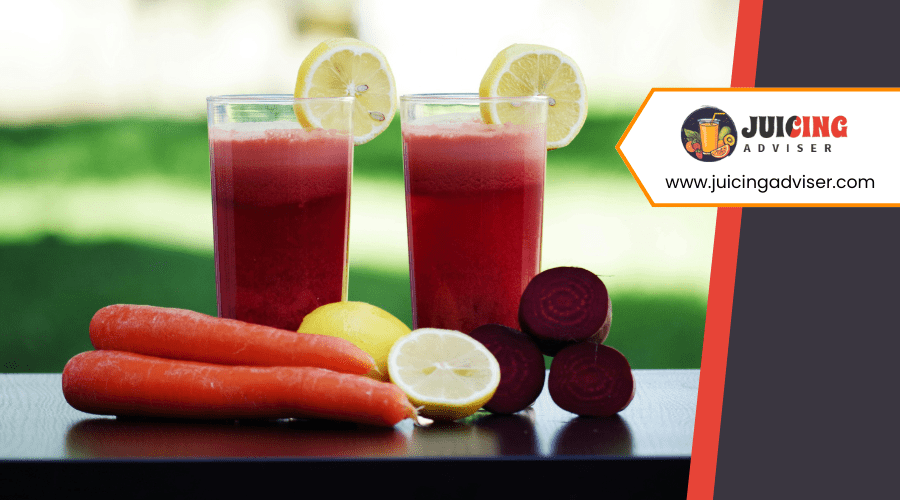
Juicing has been one of the popular habits especially among the health-conscious. People who are into the juicing craze throw their hard-earned money for these so-called best juicers advertised on infomercials or sold on online stores.
But what if some of the "truths" that juicing enthusiasts think are right, become wrong all along? Well, it's time to dispel the many of the popular misconceptions about juicing with their truths that may surprise you.
Myth 1: Juicing Boosts Your Immune System
The Reality: Juices made from fruits and vegetables are rich in vitamins, minerals, and antioxidants, which are important for overall health, including immune function. However, there’s no scientific evidence to support the claim that juicing alone can boost your immune system. While vitamin C from juices like orange or grapefruit can support your immune system, the benefits come from maintaining a well-rounded diet rich in various nutrients—not just from drinking juice.
To truly support immune health, it’s important to eat a variety of foods, including those high in protein, healthy fats, and fiber. Simply relying on juice won’t provide all the essential nutrients your body needs to keep your immune system in top shape.
Myth 2: Green Juice Is a Miracle Health Elixir
The Reality: Green juices have become synonymous with health and wellness, but they’re not a magic potion. While they often contain nutrient-dense ingredients like spinach, kale, and cucumber, the nutritional value of green juice depends on what’s in it. Some green juices contain added sugars or are made primarily with fruits, which can lead to high calorie and sugar content.
Green juice can certainly be part of a healthy diet, but it’s not a cure-all. It’s important to balance it with other nutrient sources like whole grains, protein, and healthy fats. Drinking green juice isn’t a substitute for eating a variety of whole, nutrient-dense foods.
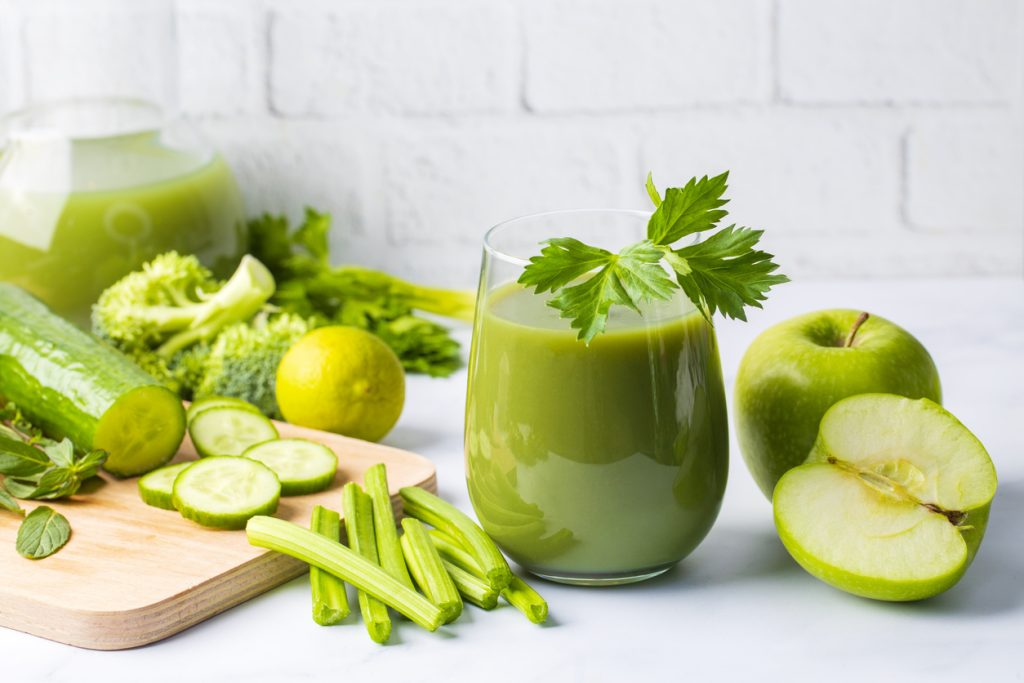
Myth 3: Juicing Is a Good Replacement for Meals
The Reality: Juicing lacks many of the essential nutrients your body needs for a complete meal, such as protein, fats, and fiber. While juices provide a quick burst of vitamins and minerals, they don’t offer the sustained energy or satiety that a well-rounded meal does. Relying on juice as a meal replacement can lead to nutrient deficiencies, energy crashes, and increased hunger.
If you want to include juice in your diet, it’s best to enjoy it as a snack or alongside a meal, rather than using it as a meal replacement. This way, you can get the benefits of the juice’s nutrients while ensuring you’re still meeting your body’s energy and nutritional needs.
Myth 4: Juicing Removes All the Pesticides from Produce
The Reality: Juicing does not magically eliminate pesticides from fruits and vegetables. If the produce you’re juicing has been exposed to pesticides, traces of those chemicals can still be present in the juice. While washing your fruits and vegetables thoroughly can reduce pesticide residue, it won’t remove it completely.
To minimize exposure to pesticides in your juice, consider juicing organic fruits and vegetables or opting for produce that’s known to have lower pesticide levels. This can help ensure your juice is as clean and healthy as possible.
Myth 5: Juicing Is Expensive and Time-Consuming
The Reality: Juicing can be as affordable and time-efficient as you make it. While it’s true that some juices, especially those sold in health stores, can be pricey, making juice at home can be more cost-effective. You don’t need fancy equipment or expensive ingredients to create nutritious juices. Simple combinations of affordable produce like carrots, apples, and leafy greens can result in a nutrient-rich drink without breaking the bank.
Additionally, juicing doesn’t have to be a time-consuming process. With a basic juicer and some prep work (like chopping fruits and veggies), you can quickly whip up fresh juice.
Myth 6: Juice Has No Fiber
Even juicing fans themselves have attested that fruit and vegetable juices contain no fiber. The truth is: it is not always so. Soluble fibers remain in the juice after it has been extracted from the produce. The soluble fibers bulk up the body, providing probiotics that promote the growth of the good bacteria in the intestines.
Myth 7: Juicing is better than eating fruits and vegetables

Actually, nothing beats more than munching an apple or nibbling a carrot. In order to get the recommended 25 to 40 grams of fiber each day, juicing doesn't even come close to that, although it makes for a good supplement to eating real fruits and vegetables.
Myth 8. Juicing helps you to shed weight
The Reality: It's true that fruits and vegetables contain vitamins, antioxidants and fewer amounts of calories compared to other foodstuffs. But if you get by with juicing alone, it can still add up pounds because you pile up a lot of those smaller calories in your body. So be cautious about your portions when juicing. Plus, a juicing diet isn't at all balanced (such as a lack of protein).
Myth 9. Juicing detoxifies your body
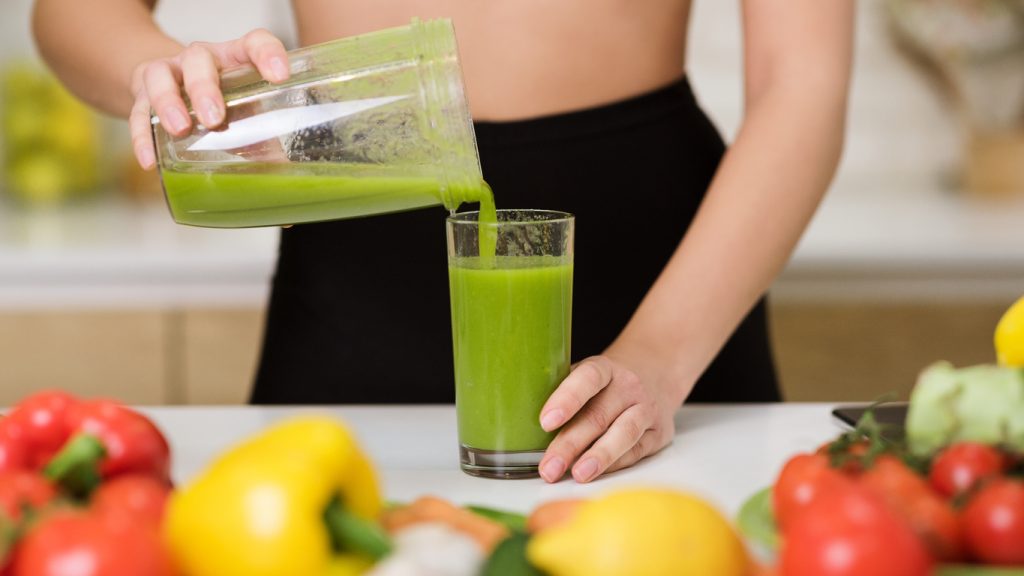
The Reality: One of the reasons why people switch to juicing is that they believe it helps in cleansing their body. This is not always the case. There has yet to be any scientific proof to support this claim. In addition, your liver and kidneys do their own job of naturally cleansing your body by removing toxins. Consuming juiced produce isn't going to make much of a difference.
Myth 10. Juicing is a fad diet
While it may seem true with excessive and oft-repeated claims of health benefits, independent research bodies find out that juicing actually does good to your body. For example, a carrot juice may minimize cancer cells, or citrus fruits can help in reducing the risk of heart disease.
Myth 11. You need an expensive juicer to get the best juice
You may not need to invest an expensive, top rated juicer to help you get all the juice you need. Even a blender or a manual juicer will be more than adequate. But if you really enjoy juicing, you can buy a machine for a reasonable price. Or find for the best juicer discounts or juicer deals to make the most out of your purchase, and save money.
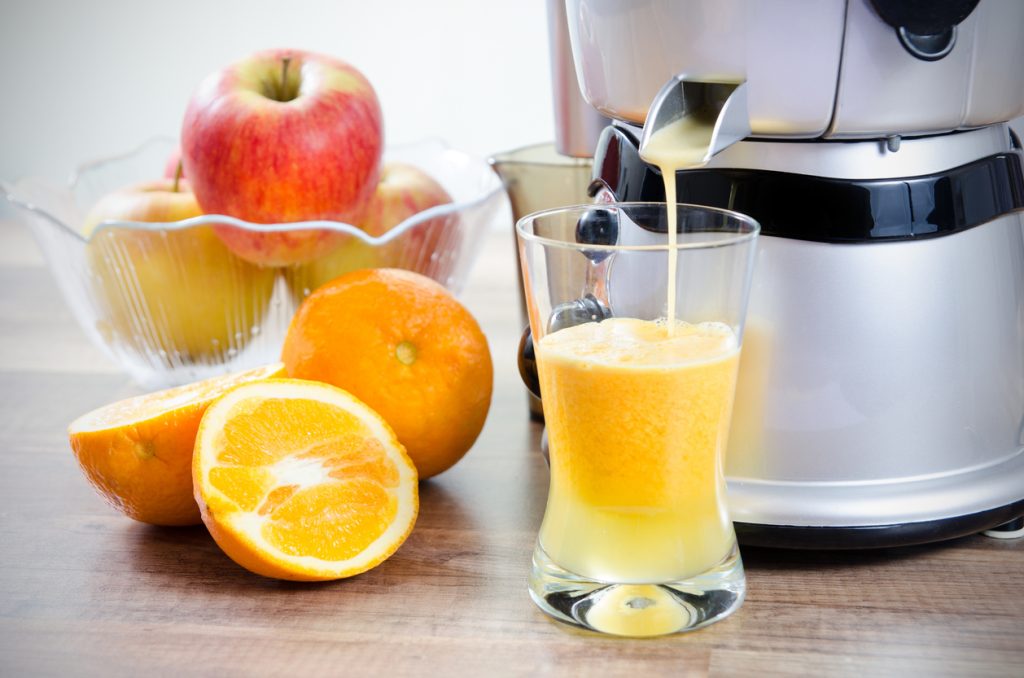
Juicing Is a Tool, Not a Cure-All
Juicing has many potential health benefits, but it’s important to approach it with realistic expectations. It’s not a magical solution for detoxing, weight loss, or replacing meals. Instead, juicing should be viewed as a supplement to a well-balanced, whole-foods diet. By incorporating juice into your routine thoughtfully, you can enjoy its refreshing flavors and nutritional benefits while ensuring you meet your body’s full range of needs


